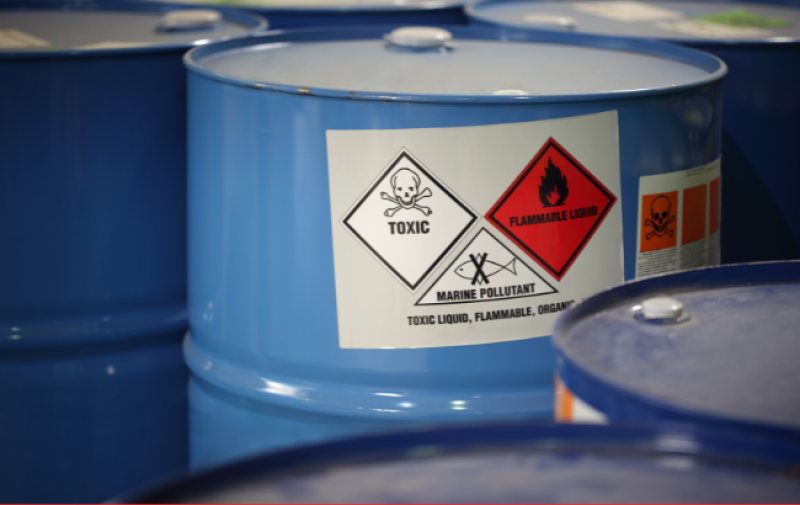Stay always informed
Interested in our articles? Get the latest information and analysis straight to your email. Sign up for our newsletter.

On Friday, 15 March, the European Ombudsman confirmed that the European Commission’s failure to share full documents relating to the (proposed and now postponed) revision of the 'Registration, Evaluation, Authorisation and Restriction of Chemicals' (REACH) regulation constitutes “maladministration”. Her initial recommendation came in September 2023. Moreover, the Ombudsman has now said that the Commission’s failure to provide similar documents in relation to the Mercury Regulation in a timely fashion also constituted “maladministration”.
The revision of the REACH regulation was promised as part of the European Green Deal in 2020 and was supposed to speed up the regulation of hazardous chemicals. However, it has been the target of substantial corporate lobbying and has still not seen the light of day. Corporate Europe Observatory first requested documents, including the REACH revision impact assessment (IA) in November 2022. Frustratingly only a heavily-redacted IA, annexes, and Regulatory Scrutiny Board (RSB) opinion were disclosed.
Worryingly, the Commission continues to be in breach of this ruling, having again refused to provide the complete REACH revision documents following a new request tabled by Corporate Europe Observatory.
This double “maladministration” ruling is damning for the Commission, as it is ignoring access to documents law, the Aarhus regulation, and legal case law. By failing to release the requested documents in a timely way, the Commission is acting in an anti-democratic and unaccountable way. It’s vital that the Commission now releases the full documents requested on the REACH revision and starts to follow the law when future requests are made.
As Corporate Europe Observatory has extensively documented, there has been substantial corporate lobbying during the process of developing the REACH revision proposal. This lobbying has contributed to the massive downgrading of the von der Leyen Commission’s environmental Green Deal ambitions, including the REACH revision proposal being kicked into the long grass of the next Commission. This delay has played into the hands of the well-resourced toxics industry; the failure to release these documents has worsened the disadvantage experienced by civil society campaigners demanding serious progress towards a toxic-free future.
Finally, this ruling should also provoke major changes in the Commission’s Regulatory Scrutiny Board. Secrecy of its meetings and opinions is hard-wired into its ways of working, even though this clearly cannot be legally justified.